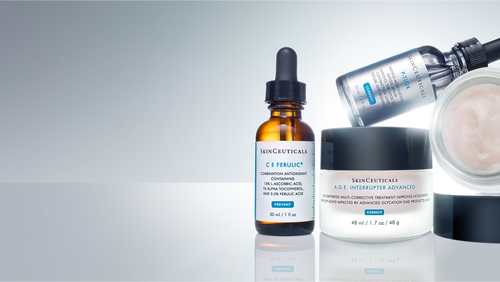Latest Articles

A Dermatologist Reveals Her Top Skincare Ingredients and Their Pairings for Radiant Skin
Last Updated: 3/01/2024 The holy grail of a good skincare routine is using the right products. But with so many different ones out there, knowing which skincare ingredient pairings work together and which don’t play well together is rule number one. When it comes to layering cleansers, serums, moisturizers, sunscreens, and beyond, even the most […]

HSA/FSA Eligible Skincare: Everything You Need to Know
We have exciting news: Dermstore is now accepting Health Savings Account (HSA) and Flexible Spending Account (FSA) payments on eligible products! These pre-tax benefit accounts allow you to use money set aside for qualified medical expenses, which may include some of the skin care products you use every day. So, we put together a comprehensive […]

Augustinus Bader Review: Our Beauty Editor Shares All
I remember when the Augustinus Bader products, with their signature bright blue bottles, first launched in 2018. Every celebrity, beauty editor, and retail buyer were clamoring to try out the highly regarded The Rich Cream and The Cream moisturizer to see if it really worked to transform their skin. Spoiler alert: it did! The power […]

How to Hydrate Skin Properly: 9 Dermatologist-Reviewed Tips
Different skin types have their own unique needs, but there’s one skincare must-do that should always be at the top of everyone’s list: hydration. A well-hydrated skin is radiant, supple, and smooth, so if you notice that your complexion is starting to look dull and lifeless, that could mean it’s time to double down on […]









